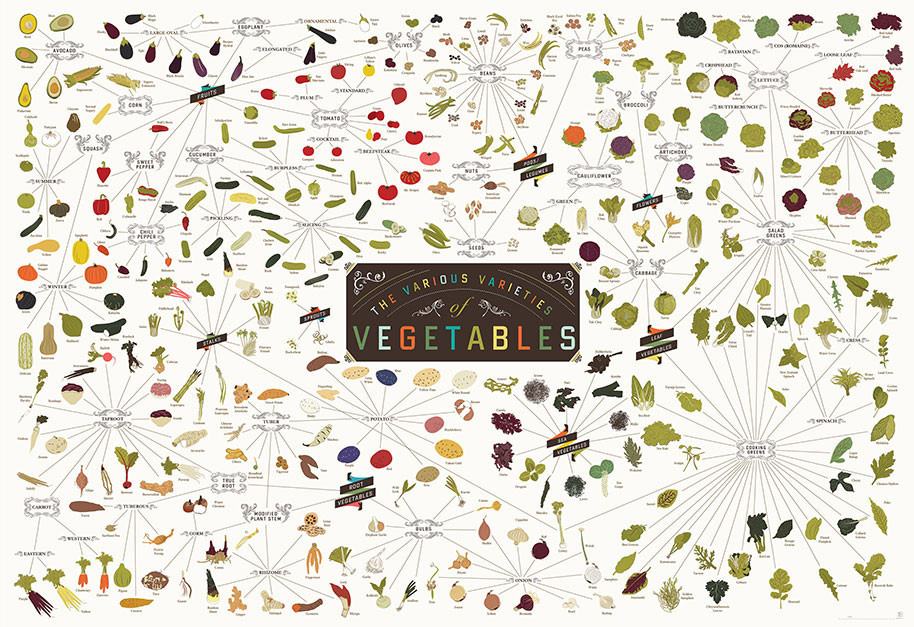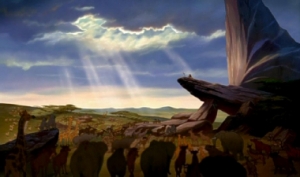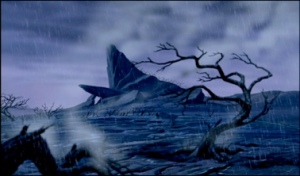From NPR article Supreme Court Rules for Monsanto In Case Against Farmer:
“Farmer Vernon Hugh Bowman had been using — and paying Monsanto for — the company’s Roundup Ready when he planted his main crop in the spring. He also signed a standard agreement not to save any of his harvest and replant it the next year. Monsanto demands exclusive rights to supply that seed. The farmer got into trouble when he planted a second crop of soybeans later in the same year, when the yield would likely be much lower. Bowman decided that for this crop, he didn’t want to pay top dollar for Monsanto’s seed. ‘What I wanted was a cheap source of seed,’ he says. Starting in 1999, he bought some ordinary soybeans from a small grain elevator where local farmers drop off their harvest. … He knew that these beans probably had Monsanto’s Roundup Ready gene in them, because that’s mainly what farmers plant these days. But Bowman didn’t think Monsanto controlled these soybeans anymore, and in any case, he was getting a motley collection of different varieties, hardly a threat to Monsanto’s seed business. ‘I couldn’t imagine that they’d give a rat’s behind,’ he said.
Monsanto did care. It took Bowman to court. The farmer, as Dan reported, was ordered to pay Monsanto $84,000 for infringing on the company’s patent.
Monday, the Supreme Court upheld that decision. Kagan wrote:
“In the case at hand, Bowman planted Monsanto’s patented soybeans solely to make and market replicas of them, thus depriving the company of the reward patent law provides for the sale of each article. Patent exhaustion provides no haven for that conduct. We accordingly affirm the judgment of the Court of Appeals for the Federal Circuit.””
To put that $84,000 in perspective, Wikipedia puts Monsanto’s 2011 revenue at $11.822 billion.
Not that perspective matters, if you believe that a patent is a patent and should protect the owner whether the seed is worth $84, $84,000 or $84 billion. From that perspective, which is the one espoused today by the Supreme Court, Monsanto is the victim here, the seed is their property, and for “depriving [Monsanto] of the reward patent law provides for the sale of each article,” this 75 year-old farmer is the villain for planting something that wasn’t his to plant.
Strictly speaking, the Supreme Court is right. Loosely speaking, Monsanto is a global Goliath whose rap sheet includes Agent Orange, the overuse of pesticides and growth hormones, unlabeled GMOs, and aggressive seed patents and whose dissolution would be an immeasurable and unmitigated gift to the current and future generations of plants, animals and humans. Loosely speaking.
Today’s Supreme Court case reminded me of a brief video by The Perennial Plate that I watched awhile back. The video outlines the impact of Monsanto’s sale of a genetically modified seed that requires land-destroying quantities of pesticides to grow and is sold at debt-incurring prices to cotton farmers in India. Dr. Vandana Shiva, an environmental activist, anti-globalization author, and incredibly compelling woman whom I admire greatly for her intelligence and eloquence, explains in this 7 minute video that I promise is worth your time:
I haven’t passed the bar, and I don’t know much about the history of patent law, but I am willing to bet that the original purpose of patents wasn’t to allow chemical giants to very nearly approximate the villainous attributes of a Disney-esque villain in their unrelenting destruction of the world. Pride Rock before and after Scar’s reign comes to mind:
Not to lean too hard on Disney here, but this whole story feels like a song right out of Pocahontas. You patented seeds? You litigated over a crop? Does it make me such a predictable hippie to believe that water, air, the internet and the miracle of a fall harvest ought to be free for anyone to use and everyone to be held accountable for?
Every once in a while I read a sentence that causes some of the brain cells behind my eyes to undergo autolysis. Monsanto’s tagline, “A Sustainable Agriculture Company” is one of them.






